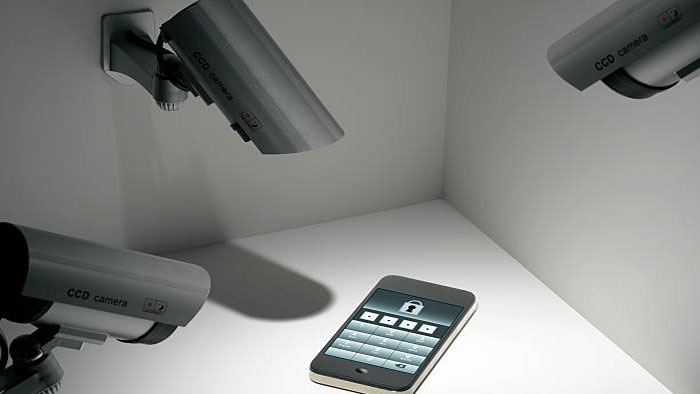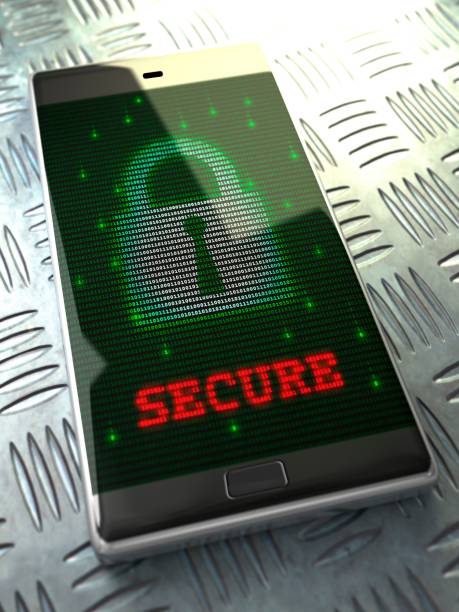Should the government have the ability to lawfully access encrypted technology and communications?

Introduction
On December 2, 2015, a terrorist attack took place in San Bernardino, CA. The FBI was able to recover one of the attackers’ iPhone; however, they were unable to “unlock” the phone, due to the more advanced encryption software that had been developed and adopted by Apple. Therefore, the FBI went to Apple and demanded that the company unlock the device, citing the interests of national security, and acquiring evidence for the purposes of a criminal investigation. Apple refused, however, claiming that customer privacy might be compromised if they complied with the FBI’s request. In response, the FBI went to the federal courts to seek an injunction against Apple. The injunction was granted, and the court ordered Apple to unlock the phone. Apple challenged the court’s ruling. In their argument, Apple cited the Constitutional protections outlined in the Bill of Rights (also known as civil liberties), in particular the Fourth Amendment.
This case exemplifies the greater debate of privacy versus security with advancing technologies. Should the government have the ability to lawfully access encrypted technology and communications?
Objectives and Outcomes
- Students will demonstrate understanding of vocabulary and concepts related to privacy and national security.
- Students will analyze the narrative of the dispute between Apple and the FBI.
- Students will deliberate whether the government should have the ability to lawfully access encrypted technology and communications.



